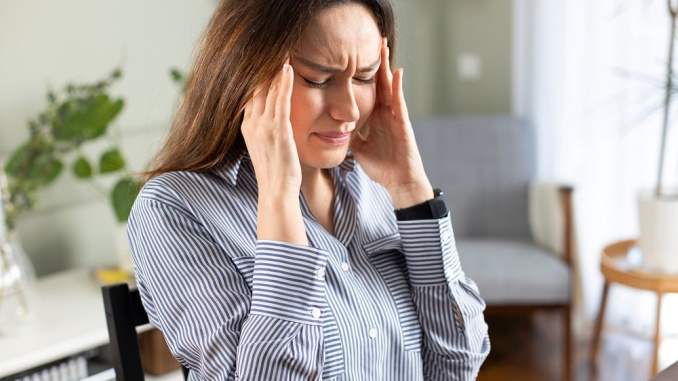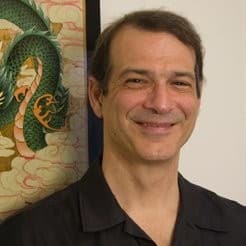
More than 38% of Americans experience migraines, according to Migraine.com. For these people, feeling helpless while doing tasks that demand their peak productivity is a norm. Even worse, the migraines can attack you consistently during different times of the day. Luckily, there are many options for treating migraines with acupuncture standing out from the rest.
As an ancient Chinese form of medication, acupuncture is formed on the basis that there are 14 meridians along the whole body, which help facilitate the flow of energy. In case of an interruption in the flow of energy along these meridians, pain ensues. However, acupuncture for chronic migraine might not be for everybody.
Here is a guide on acupuncture for migraines and whether it is the best option for you.
How Acupuncture Can Help
Acupuncture simply helps to ensure that all energy meridians are working optimally (it enhances qi). Ideally, the acupuncturist will have to place needles in the different pressure points of your body, such as along the back and in your neck. Most sessions will be accompanied by some slight massage to improve your comfort levels during the sessions.
To increase the effectiveness of the sessions, you might have to change your diet by avoiding foods and drinks that enhance migraines. For instance, you might have to keep away from caffeinated drinks.
The Location Of The Migraine Matters
Once you pinpoint the location of your migraine, it becomes pretty easy to understand what meridian is affected. In turn, the acupuncturist can know what meridian to work on and where exactly to place the needles. For instance, experiencing some pain at the side of your eyes or head can signify an issue with your gallbladder and the liver.
This is because the affected area is where the gallbladder meridian mainly passes. On the flip side, experiencing headaches at the middle of your head indicates issues with your kidney and liver, while pain at the front of the head signifies an imbalance in stomach functions.
It Has Low Side Effects
Acupuncture promises low side effects. In fact, the precautions will be the same as when getting acupuncture for any other reasons. In some cases, you should anticipate some soreness in the areas where the needles were placed. However, if you happen to wear a pacemaker, it might not be the best migraine treatment option for you.
Some forms of acupuncture need the practitioners to pass some slight electric pulses through the needles, which can interfere with how your pacemaker works. On the other hand, it might not be the best option for you if you typically have a blood-related disorder as the effects can be detrimental. Ideally, you should speak with your acupuncturists before your first sessions about any medical condition you might have to ensure that it will be safe enough for you.
Work with Experienced Practitioners
The need to work with a trained and licensed practitioner cannot be stressed enough. During the training, acupuncturists are taught how to sterilize their equipment and how to react in different situations. For instance, you might experience some tingling or heavy sensation during the sessions, which should be reduced by the practitioner.
Additionally, a well-trained individual will manage to offer you tips on how to improve the effects of the sessions and the types of foods to avoid. Other than paying attention to their qualifications, you should also concentrate on the online reviews of the different practitioners to see what other customers think about them.
Conclusion
While improving the effects of other migraine therapies, acupuncture can be a complementary treatment option. Additionally, it can improve your sleep and relieve any stress your body might be experiencing. Talk to an experienced practitioner to enjoy these benefits and get more tips on how to improve its effects.





nice and helpfull
nice and helpfull i like those information
tnx to sheir